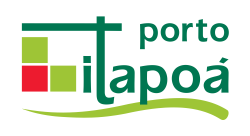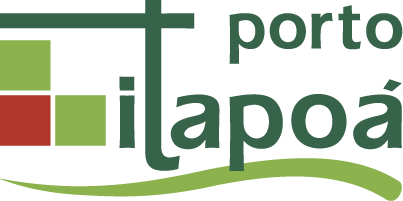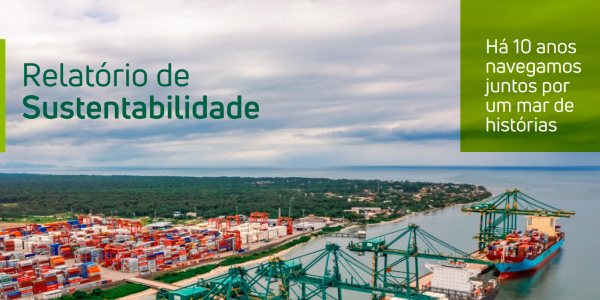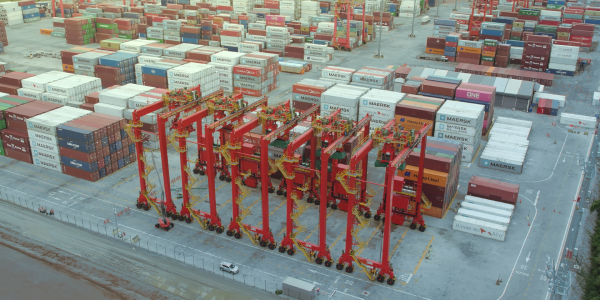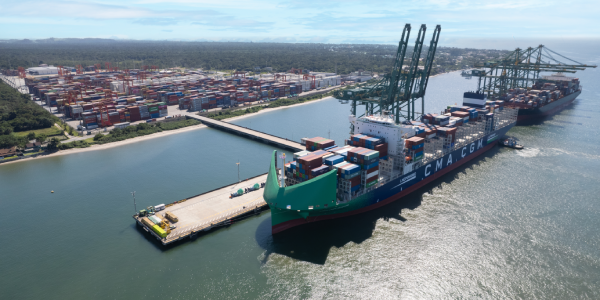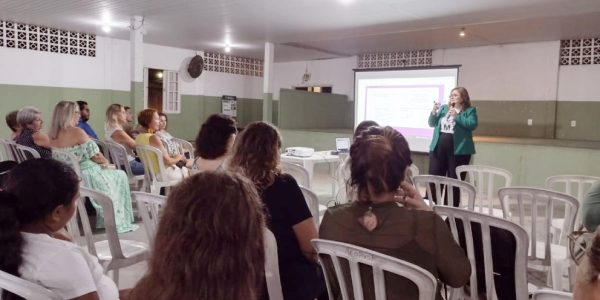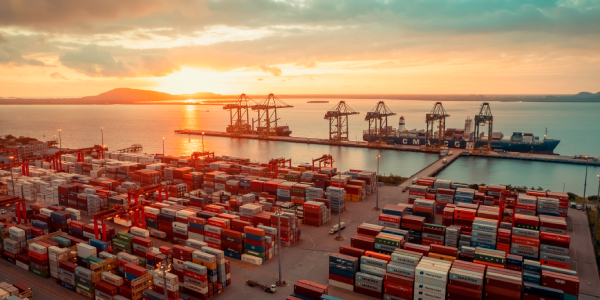
Porto Itapoá: fastest growing in the Top 5
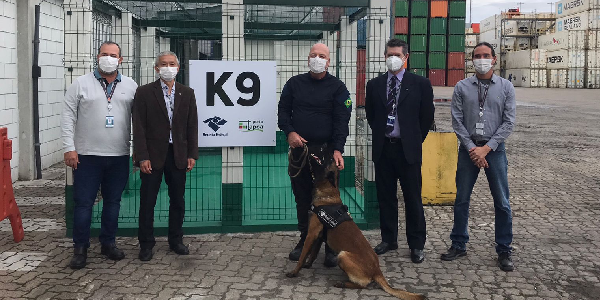
Porto Itapoá has a Kennel for the dogs belonging to the Federal Revenue Service
This publication is based on the standard set by the Global Reporting Initiative (GRI), an international organization for independent standards to help companies, governments and other organizations understand and communicate their impact on social and environmental issues
Porto Itapoá presents their first Sustainability Report
Porto Itapoá has completed its first sustainability report. Its objective is to explain how the company has managed its operations relating to social, environmental and governance issues. The Terminal has used as its basis the standard set by the Global Reporting Initiative (GRI), an international organization for independent standards to help companies, governments and other organizations understand and communicate their impact on social and environmental issues.
To Cássio Schreiner, the President of Porto Itapoá, the report is an important part of the company’s relationship with the community and the market in general. “The GRI standards are the most commonly-used throughout the world and this report is based on their principles”, he explained.
According to Schreiner, one of the aims of publishing this is to make Porto Itapoá’s procedures more transparent. “As a company, we interact with various stakeholders: customers, suppliers, intermediaries, government bodies, etc. We have tried to provide a complete and very detailed report that demonstrates our commitment to best practice,” stated the president.
The work was managed by Simone Faustini, a Sustainability consultant from Nexus Consoltoria. Simone, who has had experience with large companies and institutions, including the Industry Federation of the State of Santa Catarina (FIESC), Nidec Global Appliance, All4labels, Andritz, Unimed Curitiba and Grupo Lunelli, believes that the Porto Itapoá report is consistent with the standards. “The report is very faithful to the GRI standard, and therefore meets all the necessary requirements, including the specific interests of all stakeholders who read it. The report presents its reasoning in a transparent and objective manner”, she explained.
Simone, who has over thirty years of experience in sustainability, highlighted that the content of the report demonstrates Porto Itapoá’s maturity. “Sustainability is an ever evolving journey and it is important to document progress. Major companies report on these credentials to explain to the market where there are opportunities to improve their processes and how they have a structure in place to achieve these goals”, she concluded.
Porto Itapoá: fastest growing in the Top 5
Porto Itapoá’s People Management Program wins an award
Porto Itapoá will invest more than BRL$ 600 thousand in the Carijós Municipal Natural Park
Porto Itapoá’s work to develop its processes has focused on three major areas: Social, Environmental and Governance. In terms of its social activities, the company supports various social transformation programs for both the community and its employees. Similarly, the company has several environmental programs to help with conservation, raise awareness and support sustainable development. The Terminal has also been awarded the silver seal for the Greenhouse Gas Protocol (GHG), an international program on controlling the emission of greenhouse gases. In terms of governance, Porto Itapoá has an ombudsman and several reporting channels that operate independently, in order to mirror the very best standards.
Achievements
Since Porto Itapoá began operating, the municipality of Itapoá’s overall revenue has jumped from BRL 35 million to about BRL 200 million – growth of over 570%. If we just consider Service Tax (ISS) receipts, there has been a sharp increase, jumping from BRL 210,000 (2010) to BRL 20 million (2021) a year; that is growth of over 9000%.
The port has already spent BRL 37 million on 52 annual social and environmental programs. The Terminal currently supports about 1200 direct jobs and 4000 indirect jobs. 50% of the economically active workforce in Itapoá is employed in work linked to port activity.
In addition, The Terminal has spent BRL 61 million on constructing 16 km of paved roads, BRL 42 million on high-capacity electricity for the Municipality, BRL 700 thousand on the Fishing Activity Compensation Program, provided around 1600 hours of training for city residents and 285 hectares to create a Private Natural Heritage Reserve.
